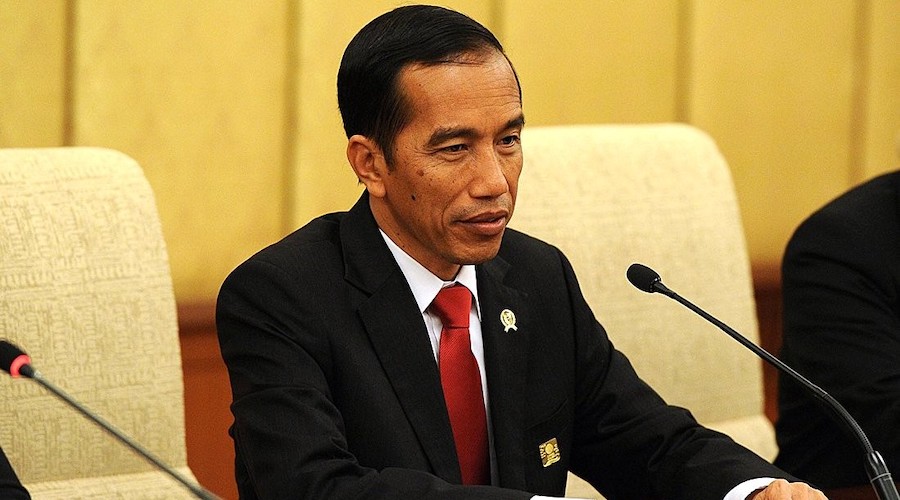Indonesia president says likely to lose WTO nickel dispute against EU

Indonesia will likely lose in its trade dispute against the European Union (EU) over the Southeast Asian country’s 2020 ban on exports of nickel ore, President Joko Widodo said on Wednesday.
But regardless of the World Trade Organization’s (WTO) decision in the dispute, Indonesia will move ahead with plans to impose similar bans on exports of other raw commodities, the president told an economists’ forum in Jakarta.
Indonesia was the world’s biggest exporter of nickel before it banned ore exports two years ago in favor of attracting foreign investors to develop nickel smelters and downstream industries onshore, with China being a significant source of investment.
As the 2020 ban loomed, the EU launched a WTO complaint, saying the restrictions unfairly limited its stainless steel producers’ access to nickel in particular, and other commodities.
“It looks like we will lose at the WTO, but it’s fine, the industry is already built,” said Jokowi, as the president is known.
The ban has boosted Indonesia’s export revenues, Jokowi said, noting the country’s nickel ore shipments were worth around $1 billion seven years ago, compared with $20.9 billion worth of exports of nickel-based products in 2021.
The WTO formed a panel overseeing the EU and Indonesia’s dispute in April, 2021 and is expected to issue its final report in the last quarter of 2022, according to the Geneva-based body’s website. The panel typically judges whether a complainant’s claims are well-founded and if so, recommends changes.
The European Commission, the EU’s executive arm, did not immediately respond to an emailed request for comment.
Jokowi reiterated Indonesia will stop exporting raw copper, bauxite and tin to encourage foreign investment and help the country jump up the value chain in resource processing. He did not provide a time frame for the adoption of such a policy.
“If we’re consistent (with export policy), I’m sure that in 2030 our gross domestic product will reach above $3 trillion,” he said.
Indonesia’s GDP stood at $1.19 trillion in 2021.
(By Gayatri Suroyo and Stefanno Sulaiman; Editing by Kanupriya Kapoor)
{{ commodity.name }}
{{ post.title }}
{{ post.date }}




Comments